

Capitol Federal Financial is a federally chartered mid-tier holding company. Capitol Federal Savings Bank is the only operating subsidiary. The bank is a community-oriented financial institution offering a variety of financial services to meet the needs of the communities we serve. They attract retail deposits from the general public and invest those funds primarily in permanent loans secured by first mortgages on owner-occupied, one- to four-family residences....
+See MoreSharpe-Lintner-Black CAPM alpha (Premium Members Only) Fama-French (1993) 3-factor alpha (Premium Members Only) Fama-French-Carhart 4-factor alpha (Premium Members Only) Fama-French (2015) 5-factor alpha (Premium Members Only) Fama-French-Carhart 6-factor alpha (Premium Members Only) Dynamic conditional 6-factor alpha (Premium Members Only) Last update: Saturday 28 February 2026
2017-12-11 08:42:00 Monday ET
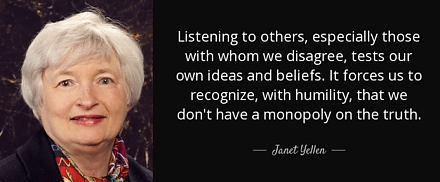
Fed Chair Janet Yellen says the current high stock market valuation does not mean overvaluation. A stock market quick fire sale would pose minimal risk to t
2018-09-13 19:38:00 Thursday ET
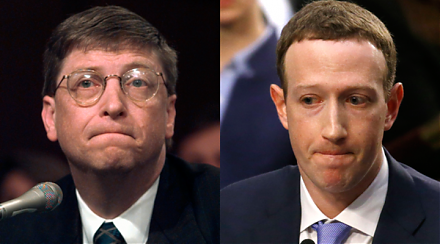
Bill Gates shares with Mark Zuckerberg his prior personal experiences of testifying on behalf of Microsoft before U.S. Congress. Both drop out of Harvard to
2022-11-30 09:26:00 Wednesday ET
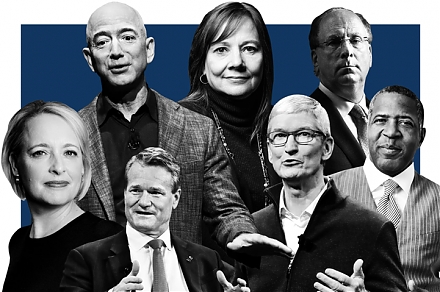
Climate change and ESG woke capitalism In recent times, the Biden administration has signed into law a $375 billion program to better balance the economi
2018-03-02 12:34:00 Friday ET
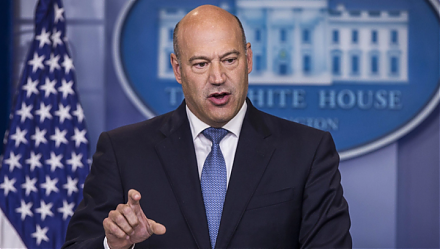
White House top economic advisor Gary Cohn resigns due to his opposition to President Trump's recent protectionist decision on steel and aluminum tariff
2023-08-28 08:26:00 Monday ET
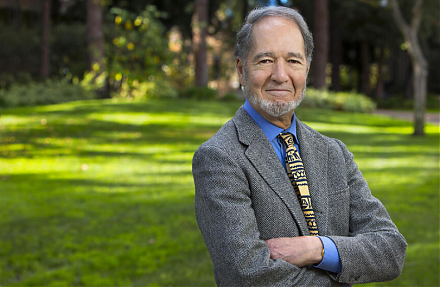
Jared Diamond delves into how some societies fail, succeed, and revive in global human history. Jared Diamond (2004) Collapse: how societies
2019-08-04 08:26:00 Sunday ET
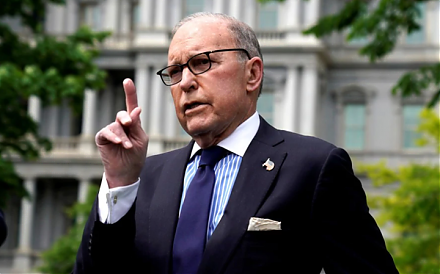
U.S. and Chinese trade negotiators hold constructive phone talks after Presidents Trump and Xi exchange reconciliatory gestures at the G20 summit in Japan.